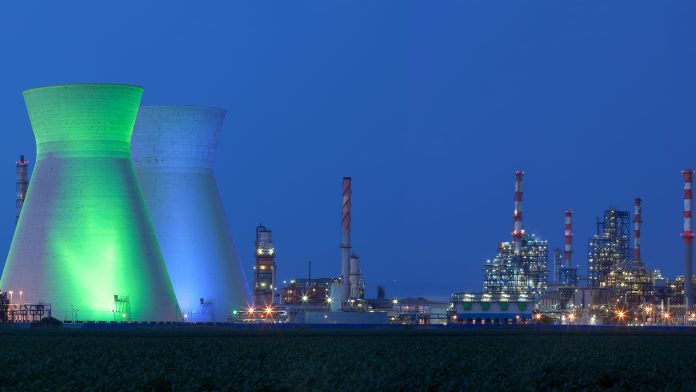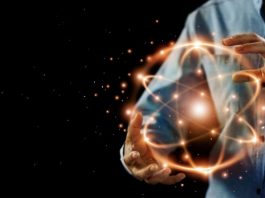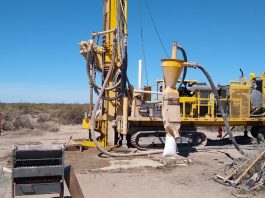Virginia Commonwealth University (VCU) is leading the charge in addressing the lack of diversity in nuclear engineering, developing a unique Center of Excellence dedicated to nuclear fuel cycles.
Nuclear fuel cycles (NFC) refer to all processes and activities involved in the use of fissile materials as fuel in fission reactors.
Scientists from different backgrounds, life experiences, and modes of thinking approach these processes from different angles; diversity in the workforce is crucial for scientific innovation.

VCU: Ensuring diversity in nuclear fuel cycle research
A lack of diversity in nuclear engineering focusing on nuclear fuel cycles and waste management is an ongoing challenge, and the overarching goal of our education and research training programmes is to grow a well-educated and diverse workforce pipeline.
In addition, with a recent announcement from Virginia Governor Glenn Youngkin’s endorsement of at least $5m of investment in innovation into nuclear technology towards advanced reactor design, it is important to develop the future generation of nuclear scientists and engineers.
Virginia Commonwealth University (VCU) is uniquely positioned to meet this goal. VCU is a Commonwealth public research university recently recognised as recognised as a minority-serving institution.
Another major advantage is that VCU is located centrally in Virginia and has strong ties with the Department of Energy – Nuclear Energy National Laboratory and nuclear industries.
The third major advantage is that VCU is currently the only university in Virginia that offers a full suite of graduate and undergraduate degrees in nuclear engineering, including an ABET-accredited BS in Mechanical Engineering with a separately ABET-accredited Major Concentration in Nuclear Engineering as well as MS and PhD degrees in Mechanical and Nuclear Engineering.
Another distinct strength of VCU’s nuclear engineering programme is its unique relationship with Virginia-affiliated nuclear companies, such as Framatome, BWXT, Dominion Energy, and Newport News Shipbuilding, which provide VCU nuclear engineering faculty and students with first-hand, up-to-date insights on the trends and interests shaping the US nuclear science and nuclear industry.
With these levering advantages, Dr Phongikaroon has recently received $1.5m from the Department of Energy – Integrated Research Projects to develop a research, education, and training centre of excellence on nuclear fuel cycles and waste management towards advanced reactor technology.
This centre is fully integrated with historically black colleges and universities (Virginia Union University (VUU) and Virginia State University (VSU), creating a one-of-a-kind education and research training programme that has never previously existed in the state of Virginia. To achieve this goal, the team will pursue the following overarching research objectives:
- Identify the most important features of nuclear fuel cycle economics;
- Improve our ability to describe the important fuel cycle operations with uranium from exploration through enrichment;
- Identify the basic and advanced concepts of design, fabrication, use, storage, and transportation of reactor fuels;
- Describe the fundamental aspects of used fuel separation and fuel cycle waste management; and
- Better understand the fundamental principles of nuclear material detection and accountancy.
To further facilitate a tight-nit collaboration, the programme will establish three cross-cutting areas:
- A programme with modelling, simulation, and experiment integrations;
- Education; and
- Disruptive innovation.
Research areas within the centre
Dr Phongikaroon will lead a team of scientists, engineers, and economists to foster a culture of innovation. Research activities will be conducted, organised under the main discipline Topic Areas (TAs):
TA1 – Materials science & chemistry;
TA2 – Neutron transport;
TA3 – Heat transfer and system;
TA4 – Nuclear material quantification; and
TA5 – Engineering economics and finance (as shown in Fig. 1).
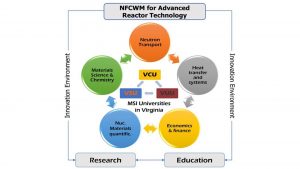
The team has selected to focus on the molten salt reactor (MSR) systems and designs. The MSR has been the foundation for much of the work done over the last several decades by several countries and companies developing small-, medium-, and large-scale commercially viable MSRs with thermal, epithermal, and fast neutron spectrums.
Therefore, further research studies on nuclear fuel cycles and waste management of MSR will allow the team to alter and transition to other reactor systems and designs. MSR has been considered very challenging due to its complex chemistry and transport properties.
Combining expertise on nuclear fuel cycles and waste management
Three institutions will establish a research, education, and training Center of Excellence to combine in-depth expertise on nuclear fuel cycle and waste management to support the advanced reactor designs. Directly related to the centre are experts in nuclear chemical science and engineering, radiation and health physics, isotope separations and detections, neutron transports, industrial and manufacturing processes, mechanical engineering, and economics & finance.
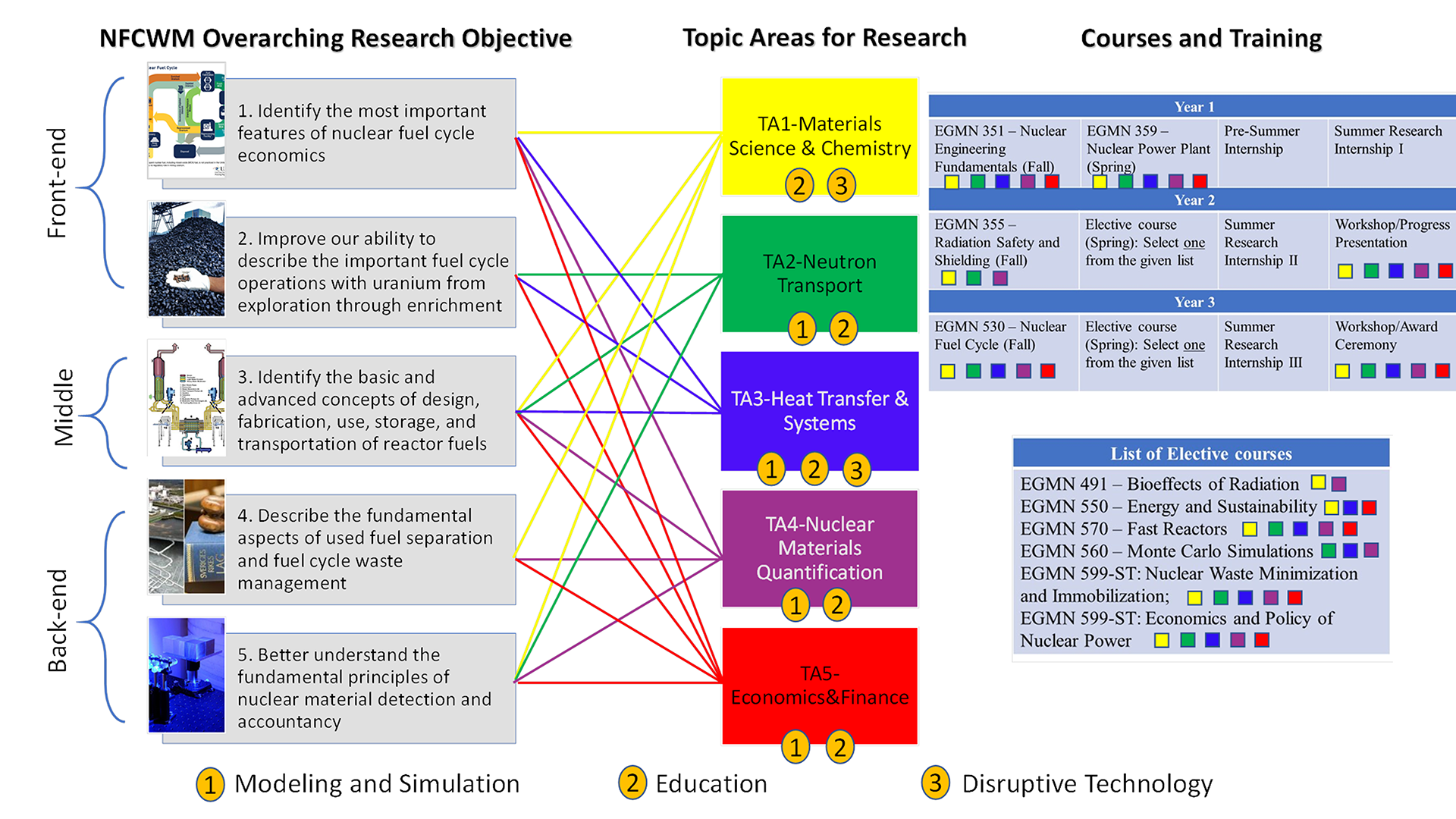
Our future workforce and graduate school potentials will fulfil their training missions at the forefront of national laboratories (e.g., Idaho National Laboratory, Oak Ridge National Laboratory, Pacific Northwest National Laboratory, etc.) and nuclear industries (e.g., Dominion Energy, Seaborg Technologies, NuVision Engineering, etc.).
Dr Phongikaroon and his team plan to provide a successful pipeline within the innovation environment, meeting the proposed overarching objectives linking to the research and development topic areas and courses, as shown in Fig. 2.
References
Bettis, E.S. et al. “The Aircraft Reactor Experiment—Design and Construction” Nucl. Sci. Eng. 2, 804–825 (1957).
Ergen, W.K. et al. “The Aircraft Reactor Experiment—Physics” Nucl. Sci. Eng. 2, 826–840 (1957).
Hirose, Y., “Fast-spectrum fluoride molten salt reactor (FFMSR) with ultimately reduced radiotoxicity of nuclear wastes, in: Nuclear Power Plants-The Processes from the Cradle to the Grave. IntechOpen, 2020.
Holcomb, D.E. et al., Fast Spectrum Molten Salt Reactor Options (No. ORNL-TM-2011-105). Oak Ridge National Laboratory, 2011.
Le Brun, C., “Molten salts and nuclear energy production” J. Nucl. Mater. 360, 1–5 (2007).
LeBlanc, D. “Molten salt reactors: A new beginning for an old idea.” Nucl. Eng. Des. 240,1644–1656 (2010).
Serp, J. et al. “The molten salt reactor (MSR) in generation IV: Overview and Perspectives” Prog. Nucl. Energy 77, 308–319 (2014).
Uhlíř, J., “Chemistry and technology of Molten Salt Reactors – history and perspectives” J. Nucl. Mater. 360, 6–11 (2007).
Uhlíř, J. et al., “Development of pyroprocessing technology for thoriumfuelled molten salt reactor,” in: Proceedings of ICAPP. pp. 24–28 (2012).
US Atomic Energy Commission, An Evaluation of the Molten Salt Breeder Reactor (No. WASH-1222). US Atomic Energy Commission, 1972.
Yu, C. et al., “Minor actinide incineration and Th-U breeding in a small FLiNaK Molten Salt Fast Reactor” Ann. Nucl. Energy 99, 335–344 (2017).
Please note, this article will also appear in the sixteenth edition of our quarterly publication.

